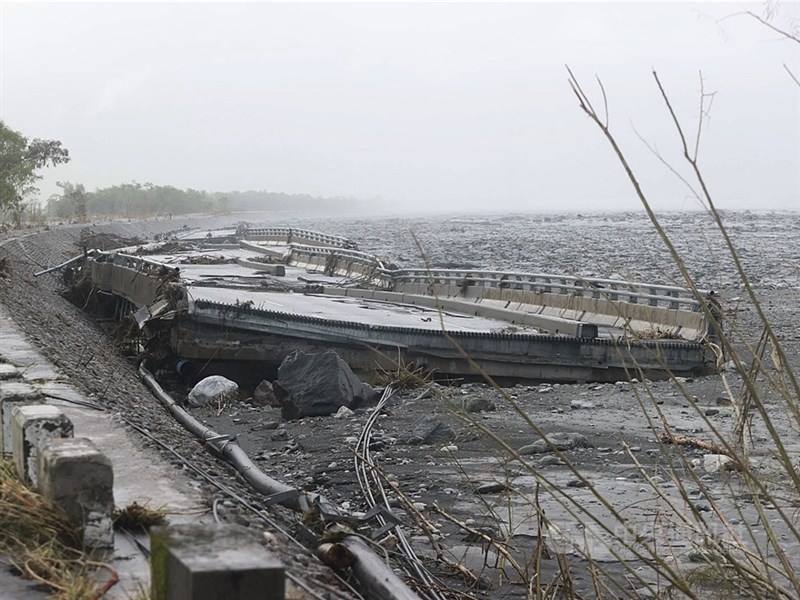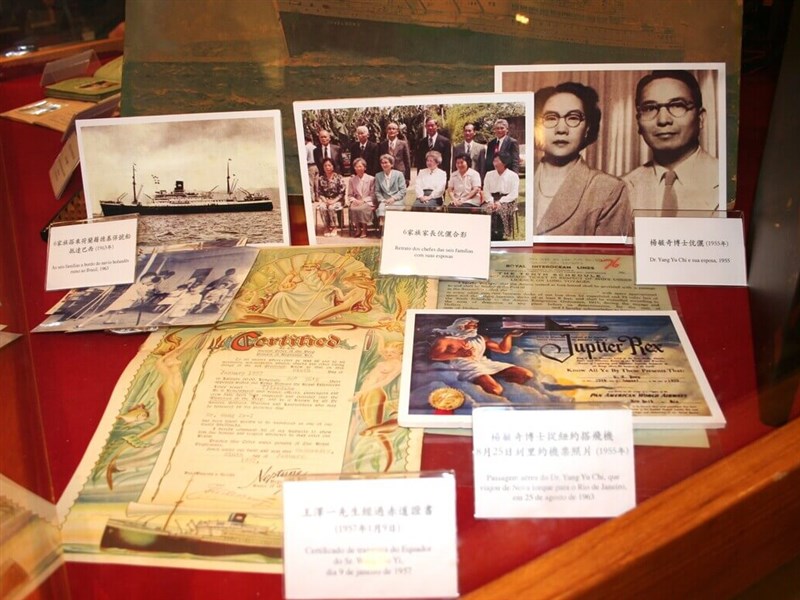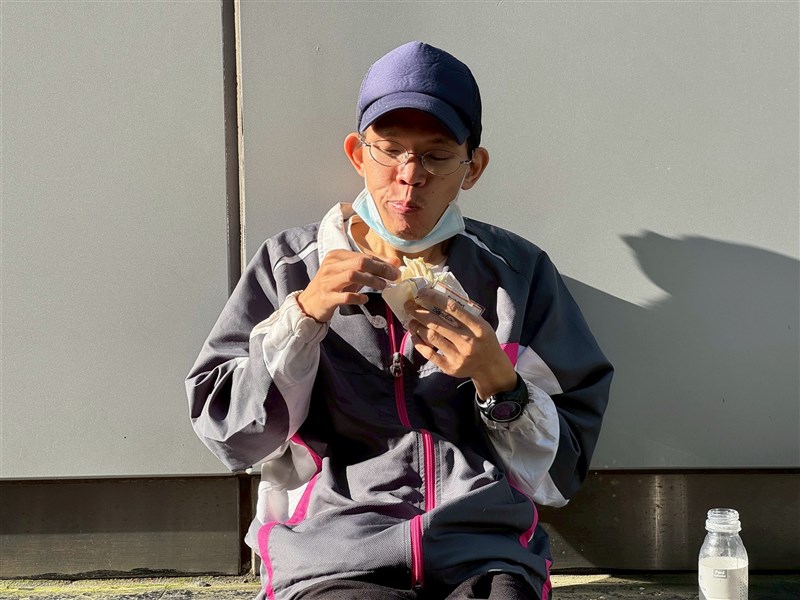FEATURE/Taiwan makes strides on gender equality in diplomatic corps amid challenges
02/11/2024 12:44 PM
Taiwan has made significant strides in tackling gender discrimination in its diplomatic sphere, thanks to Ministry of Foreign Affairs (MOFA) initiatives, but challenges, particularly the need for a shift in mindset among senior male diplomats, persist.
(Full text of the story is now in CNA English news archive. To view the full story, you will need to be a subscribed member of the CNA archive. To subscribe, please read here.)
More in FEATURE
![Hualien flood leaves Taiwan grappling with disaster response gaps]() Hualien flood leaves Taiwan grappling with disaster response gapsOn Sept. 23, a historic downpour caused the Matai'an Barrier Lake in Hualien to burst its banks, sending 60 million tons of water and debris through Guangfu Township and killing at least 19 people.10/16/2025 05:02 PM
Hualien flood leaves Taiwan grappling with disaster response gapsOn Sept. 23, a historic downpour caused the Matai'an Barrier Lake in Hualien to burst its banks, sending 60 million tons of water and debris through Guangfu Township and killing at least 19 people.10/16/2025 05:02 PM![Fala Formosa! Taiwanese expats to Brazil carve 7 decades of immigrant stories]() Fala Formosa! Taiwanese expats to Brazil carve 7 decades of immigrant storiesSão Paulo is not typically thought of as a hotspot for Taiwanese restaurants and Boba tea shops, much less places that attract long lines of patrons.10/03/2025 04:08 PM
Fala Formosa! Taiwanese expats to Brazil carve 7 decades of immigrant storiesSão Paulo is not typically thought of as a hotspot for Taiwanese restaurants and Boba tea shops, much less places that attract long lines of patrons.10/03/2025 04:08 PM![A recipe for daily life: Taipei's homeless struggle to find food]() A recipe for daily life: Taipei's homeless struggle to find foodUnlike most Taipei residents, Chang Yun-hsiang's (張雲翔) first view in the morning is the open sky. His alarm is the sound of increasing vehicular and pedestrian traffic near Taipei Main Station, where he sleeps on the street a block away.09/20/2025 03:34 PM
A recipe for daily life: Taipei's homeless struggle to find foodUnlike most Taipei residents, Chang Yun-hsiang's (張雲翔) first view in the morning is the open sky. His alarm is the sound of increasing vehicular and pedestrian traffic near Taipei Main Station, where he sleeps on the street a block away.09/20/2025 03:34 PM
Latest
- Politics
Court hears arguments in cases against ex-Taipei Mayor Ko Wen-je
12/15/2025 11:08 PM - Politics
Ex-Taiwan Manila envoy reflects on efforts to mend ties after fatal shooting
12/15/2025 10:05 PM - Politics
Premier defends refusal to enact spending plan, draws opposition ire
12/15/2025 10:05 PM - Politics
China-Japan situation reflects 'wolf warrior' approach: Taiwan diplomat
12/15/2025 06:44 PM - Cross-Strait
Taiwan deeply regrets Jimmy Lai conviction under HK national security law
12/15/2025 06:13 PM


